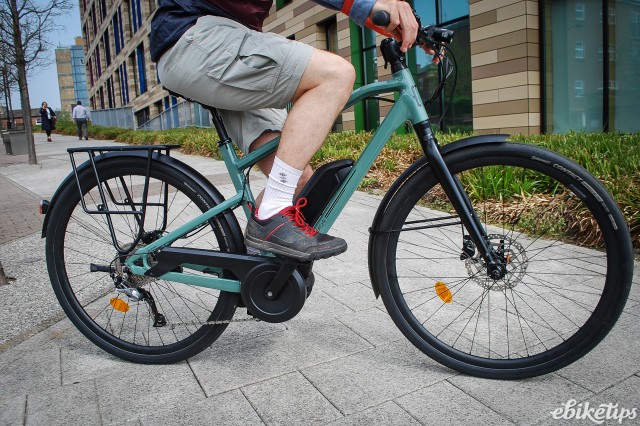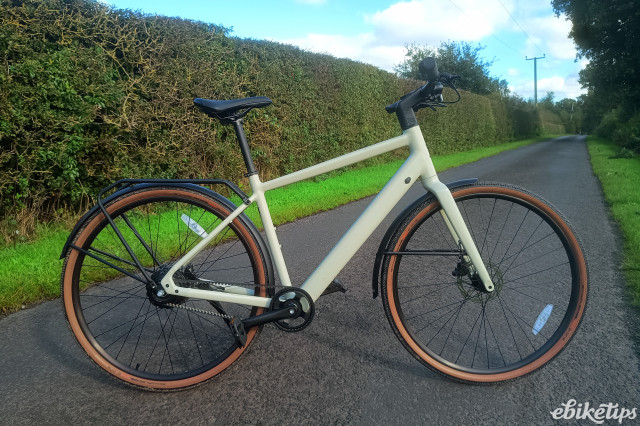Chinese electric vehicle (EV) maker, BYD, says its Blade Battery will prove a “game-changer” for the industry, as it will help combat concerns about battery safety. Subjected to a nail penetration test that would result in a ternary lithium battery bursting into flames, the surface temperature of the Blade Battery rose no higher than 60°C.
BYD – or “Build Your Dreams” – has been working on the lithium ion phosphate battery for a few years. Thin cells are arranged in an array and then inserted into a blade-shaped battery pack.
With a large surface area, heat can escape from cells quicker. This negates the need for the cooling systems typically used with EV batteries.
BYD firm says that in recent years EV manufacturers have been looking for ever-greater range and that this has resulted in an “unreasonable” pursuit of energy density in the battery industry.
“It is due to this unpractical focus on ‘energy density’ that safety has been sidelined from power battery development,” said a spokesperson.
The firm’s Blade Battery, in contrast, is being promoted with safety front and centre.
You can see the nail penetration test below. The Blade Battery’s also passed other tests – such as being crushed, bent, heated in a furnace to 300°C and overcharged by 260% – without catching fire or exploding.
The 2021 version of the BYD Tang SUV, which is manufactured for the Norwegian market, was the first vehicle to feature the Blade.
BYD has reportedly also signed a contract with Toyota that will see the battery used in a China-only EV similar to the Corolla that the two firms are developing together.
“The car was enabled by BYD battery technology,” a source told Reuters. “It has more or less helped us resolve challenges we had faced in coming up with an affordable small electric sedan with a roomy interior.”






